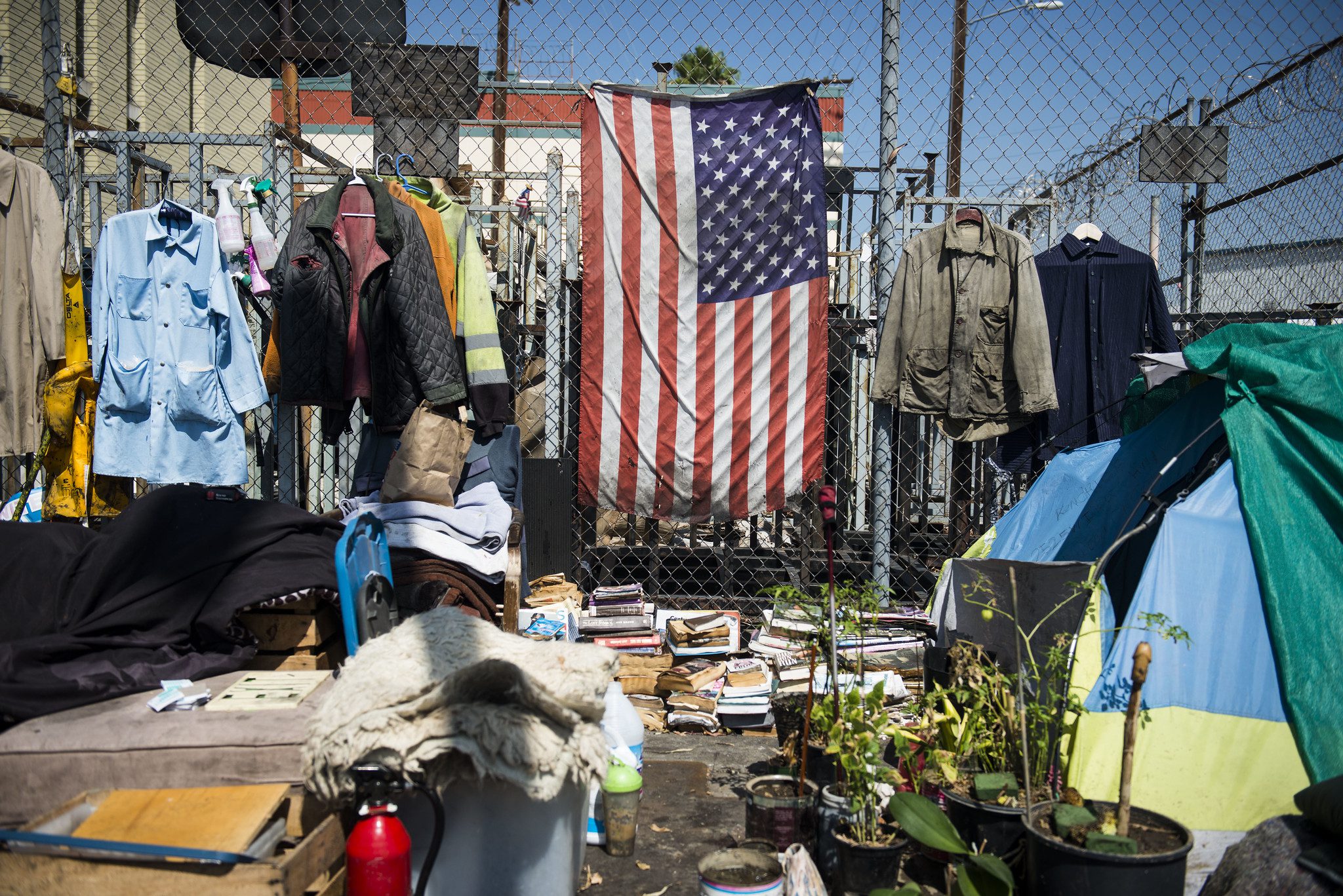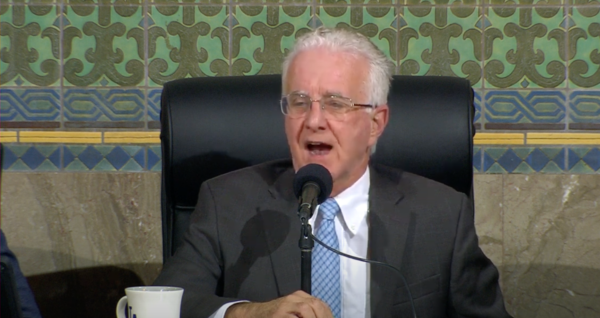Mayor Karen Bass applauded a motion Friday passed by the Metro Board to try to maximize the use of its property to build temporary and permanent housing.
The motion, approved Thursday by the board — which Bass sits on as a director — directs the transit agency to identify and report back next month with a list of all Metro-owned property that are vacant, surplus or underutilized. It also seeks reports on ways to streamline temporary housing production consistent with Bass’ executive directive on utilizing vacant or surplus city-owned property for housing, and for a report on a strategy to create 10,000 new housing units by accelerating development efforts on Metro properties.
Under its joint development portfolio, Metro has 793 income-restricted housing units, with 1,494 more under construction or under contract.
“If we are going to save lives and house Angelenos with the urgency needed to address this crisis, we must leave no stone unturned when identifying new places to build temporary and permanent housing,” Bass said. “I want to applaud my fellow Metro Board members for locking arms and committing to work tirelessly to make sure that together, we are holding nothing back when it comes to the urgent work of housing Angelenos and providing them with the resources they need to stay indoors.”
Bass declared a state of emergency over homelessness as her first official act as mayor, and has since issued three executive directives. The third directive seeks a report within 20 days of a list of all city-owned properties that are vacant, surplus or underutilized. Mercedes Marquez, the mayor’s chief of Housing and Homelessness Solutions, will then assess each site’s potential to be used as housing or shelter for unhoused people. Within 30 days of that assessment, Bass’ office will begin designating sites where new housing would be available.
The mayor filed the motion to the board along with City Council President Paul Krekorian, Board Chair Ara Najarian and County Supervisors Janice Hahn, Hilda Solis and Holly Mitchell.
“If we are going to bring tens of thousands of people inside, we need to identify every possible place where we can build interim and permanent housing,” Hahn said. “If Metro has property that can be used for housing, we should use it. I commend Mayor Bass for acting with urgency to meet this humanitarian crisis both as mayor and as a Metro director.”
Krekorian said that Metro “must play a more active role” in addressing homelessness because it “directly impacts Metro’s core mission.”
“Metro’s ridership is disproportionately rent-burdened,” Krekorian said. “Transit-oriented community development gives us an opportunity to create more affordable housing. Yesterday’s motion is an important next step in creating housing that will benefit the entire county. I applaud Mayor Bass on the clarity and focus she brings to finding real solutions to homelessness and housing unaffordability.”
Bass’ first two executive directives aimed to streamline the process for approval of affordable housing projects and launched a program seeking to bring residents of encampments indoors.
Whether to continue the state of emergency — which must be ratified by the City Council every month — will be evaluated by several indicators of progress, including the number of encampments and housing placements, and how much more flexibility city departments are allowed through the declaration.
There are an estimated 41,980 unhoused people in the city of Los Angeles, up 1.7% from 2020, according to the latest count by the Los Angeles Homeless Services Authority.







